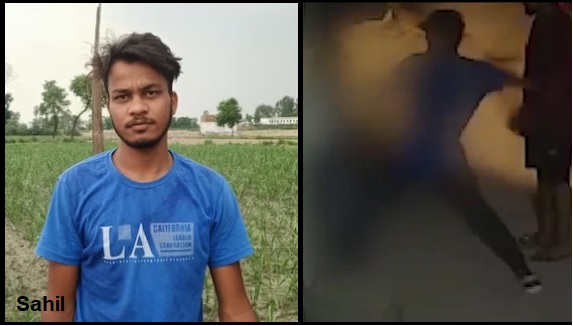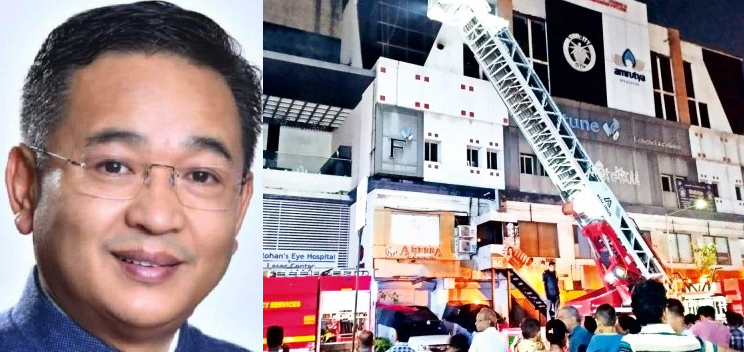
Pakyong, 22 Jun : In response to recent controversies surrounding the NEET and UGC-NET examinations, the central government has introduced the Public Examinations (Prevention of Unfair Means) Act, 2024. This new legislation aims to curb cheating and malpractices in national exams by proposing stringent penalties.
The Act, notified on Friday, targets unfair practices in public examinations and common entrance tests across India. It was passed by Parliament in February and is now set to impose severe punishments on those found guilty of cheating.
Key provisions of the law include imprisonment ranging from three to five years for individuals caught cheating. Those involved in organized cheating crimes, such as examination authorities or service providers, face even harsher penalties: five to ten years of imprisonment and a minimum fine of Rs 1 crore.
The Act specifies that any person or institution involved in organized crime related to exam malpractices will face a minimum of five years in prison, which could extend to ten years, along with a substantial fine of at least Rs 1 crore.
Additionally, institutions implicated in organized paper leak crimes risk having their properties attached and forfeited. The cost of the examination may also be recovered from such institutions.
Importantly, the Act safeguards candidates appearing for examinations, ensuring they are subject only to the existing unfair means policies of the examination authorities.
‘Unfair means’ under the Act include leaking question papers or answer keys, unauthorized communication to assist candidates during exams, tampering with computer networks, impersonating candidates, conducting fake examinations, issuing fake documents, and altering documents for merit lists or rankings.
The offences under this law are non-bailable. Investigations can be conducted by officers not below the rank of Deputy Superintendent of Police or Assistant Commissioner of Police. The central government also retains the power to refer any investigation to a central agency.
The Act encompasses examinations conducted by the Union Public Service Commission (UPSC), the Staff Selection Commission, the Railways, banking recruitment exams, and all computer-based exams by the National Testing Agency (NTA).





